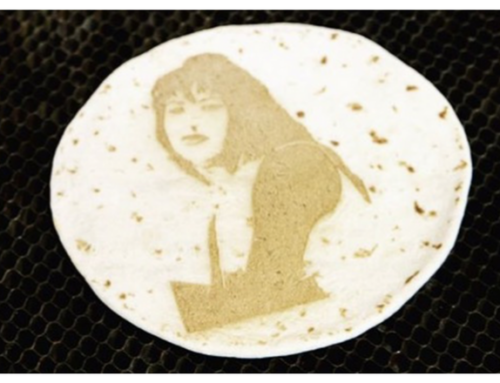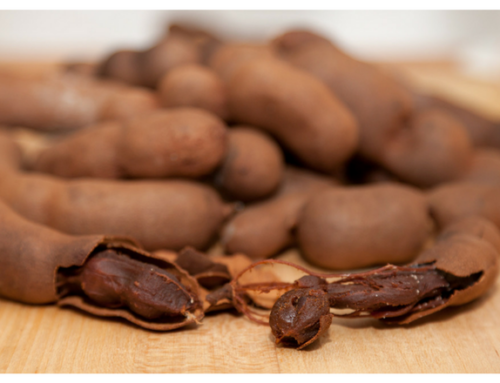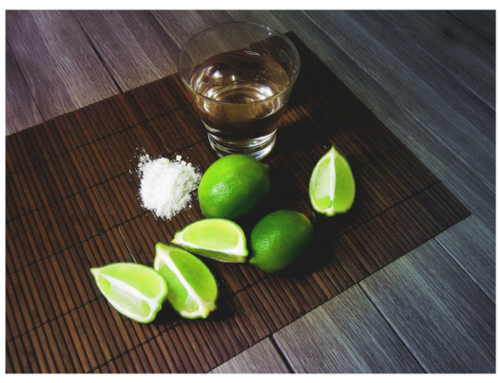Alvaro Romero, a young chef who was named Chile’s “revelation” of the year for 2015 by the editors of two of the country’s top magazines, as well as one of the top 100 young “leaders” of the country in 2015 by El Mercurio, one of Chile’s most widely-read newspapers, emphasizes that his country is “rich in products.”
Related: The Chilean Mystique: Why Chile is South America’s Next Food Frontier
He continues, saying that, “to taste the true flavor of Chile, [one] needs to try sea squirts, sea urchins, limpets,” as well as algaes and sea lettuce and seaweeds that are found in the Pacific Ocean that is Chile’s western border for thousands of miles. Romero, like several other chefs who are making their mark on Santiago’s contemporary dining scene, is passionate about the incredible ingredients that are found throughout the sixteen regions of his home country and in the Pacific Ocean as well.
He recommends trying “mushrooms, unique products like…[one called] morilla” and also says that those who come to Chile must try “corn from the Andean north that [is] as delicious as the potatoes” from Chiloe Island, off Chile’s southern coast. He adds that residents of this South American country have always loved street food and that he doesn’t think there is any chef who works in a fine dining setting who also wouldn’t love to have a “food truck or a small stand” where all types of people can enjoy the specialties he or she creates. Romero believes that “the street” is actually where the public is most demanding although most of Romero’s training and professional life so far has been in restaurant settings of “alta cocina.” [pagebreak]
This father of three is the sixth of ten children. He studied design before enrolling in the French Culinary Institute in Santiago. Romero later spent time in the two-Michelin star kitchen of the Relais & Chateaux, Auberge du Cheval Blanc, in Alsace, France, where he grew as a professional chef and continued to hone his skills in nouvelle cuisine.
After this additional training in Europe, he returned to Santiago and interviewed with Carlos Meyer, the renowned chef and owner of Europeo, one of Chile’s top French restaurants, located on one of the fanciest shopping streets in Santiago, Avenida Alonso de Córdova. At Europeo, venison and white fish such as grouper are often on the menu and the “scene” or people-watching takes a backseat to the meals served. Romero worked at Europeo for five years, but left when Carlos Meyer, from whom he learned “life lessons,” in addition to culinary and business skills, decided to sell the restaurant to new owners.
Still in his early thirties, this chef who has gained the attention of his peers and more established chefs alike, believes that “a restaurant is a combination of many elements,” and thinks that “less is more” in terms of cooking and presentation. In FIX Café, a coffee shop in Las Condes, a business and residential neighborhood of the country’s capital, he outlines the initial plans for a new restaurant he will open in September of 2017. “Half-plates” instead of a tasting menu – so that diners can share – as well as Chilean dishes that will be cooked by his small team of local chefs. (He plans to hire his entire staff from local technical schools.) [pagebreak]
“Chile is well-known for its wine,” Romero acknowledges, but the thousands and thousands of original food products that are found throughout the country need more attention, in his view. This new restaurant, however, is not his only project. Romero has been working with a lodge in the Aysén region of Patagonia for over three years, and he also teaches courses at the Universidad de los Andes.
Although it would be difficult to classify him a protégé of Ferran Adria, the internationally known expert in molecular gastronomy, Romero does admit that he admires Adria’s emphasis on “structure in the kitchen, respect for products, and respect for diners,” and shares these core values. Romero says that Rodolfo Guzmán, the Chilean chef who owns Boragó, the first restaurant to attract international interest in “Chilean” cuisine, is, of course, an influence on his own thinking about what it means to cook in a Chilean style and use products that may not have been widely used in the past, or only featured in recipes of particular regions or communities.
Thomas Keller, who took over The French Laundry in Northern California in the 1990s and who has earned international celebrity status, is another chef who inspires Romero. Additionally, Joaquín Cardoso, a Mexican chef who currently runs the restaurant of Hotel Carlota in Mexico City, is one of his contemporaries and a chef Romero also cites as inspirational. Cardoso and Keller, like Romero, studied in France and all three returned to their homelands to adapt their styles to their surroundings and innovate in their own ways. Finally, Christopher Kostow, a forty-year-old American chef who was awarded the James Beard Foundation Award for “Best Chef: West” in 2013 and who also honed his skills in France, is another chef Romero says he respects. [pagebreak]
Ultimately though, the role of other chefs within Chile and outside of the country, is perhaps of less importance to Romero than the relationships he cultivates with those who provide the raw material with which he work. Local farmers, ranchers, fishermen and those in the agriculture industry throughout the regions are critical to the success of the “Chilean food boom,” in Romero’s opinion, and he wants everyone involved to prosper and benefit.
This modest, soft-spoken, thoughtful and humble chef is careful to note that all of his accolades are the result of the effort of “the team” and it seems that this attitude as well as his work ethic and dedication to service will help enable him to achieve the goal of reinventing Chilean cuisine for 21st-century palates. Soon, his name may be one that is mentioned frequently by French – and other European chefs – as inspirational, and, if he’s lucky, even street food vendors will find something to fall in love with as well.
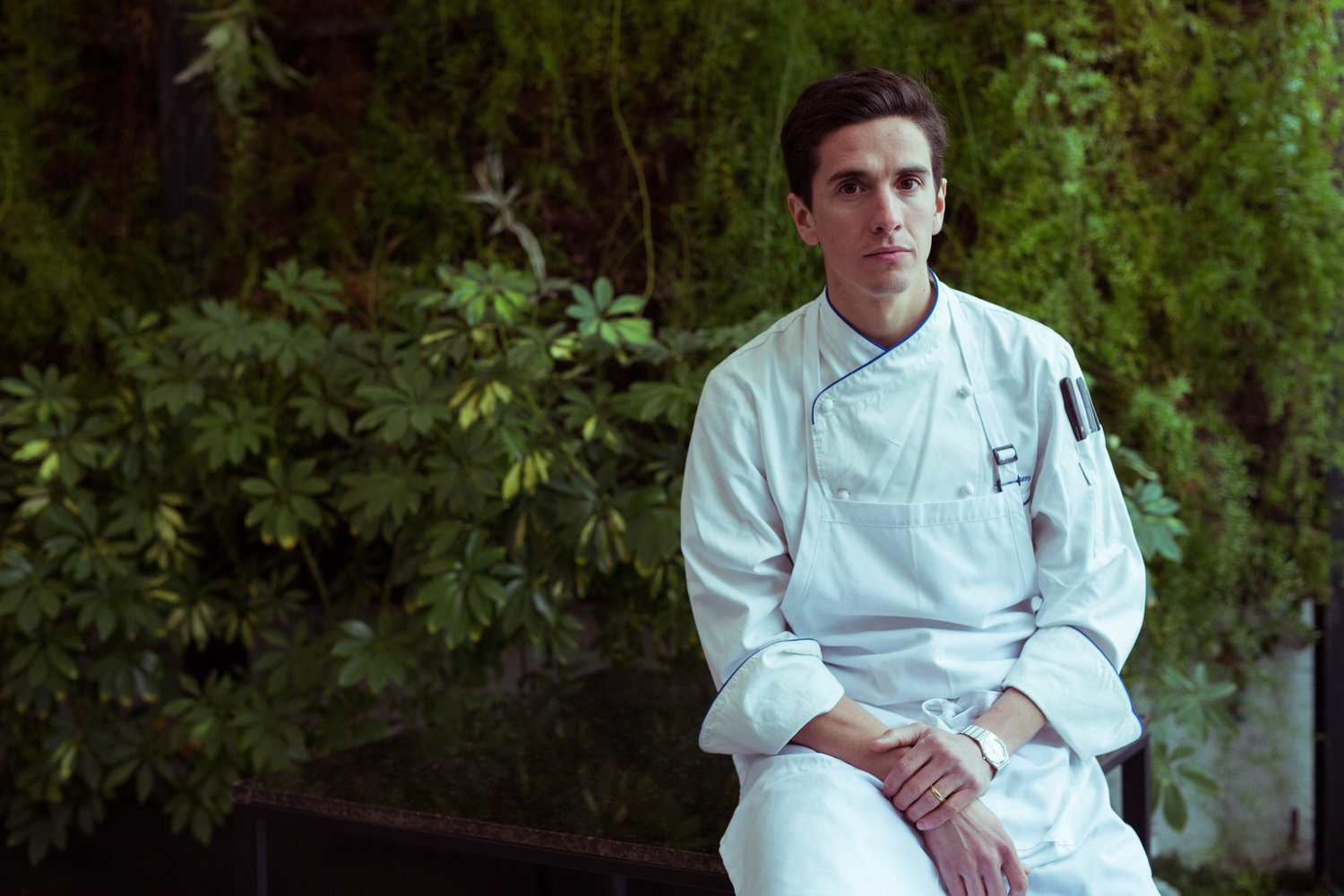
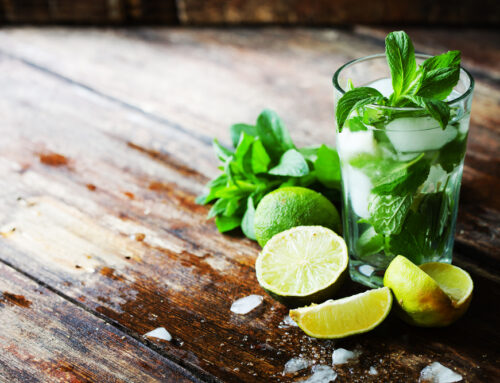
![Making Mealtime Matter with La Familia: Easy Sofrito [Video]](https://thelatinkitchen.com/wp-content/uploads/2015/10/sofrito-shutterstock__0-500x383.jpg)
![Easy Latin Smoothies: Goji Berry Smoothie [Video]](https://thelatinkitchen.com/wp-content/uploads/2015/12/goji_berry-shutterstock_-500x383.jpg)
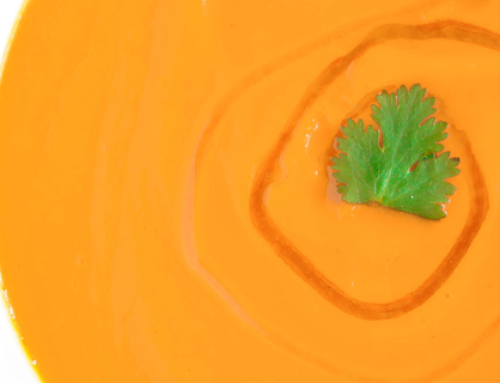
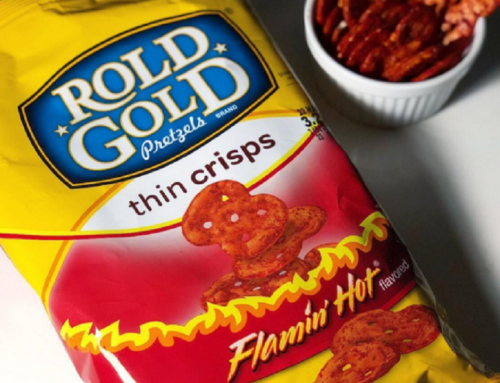
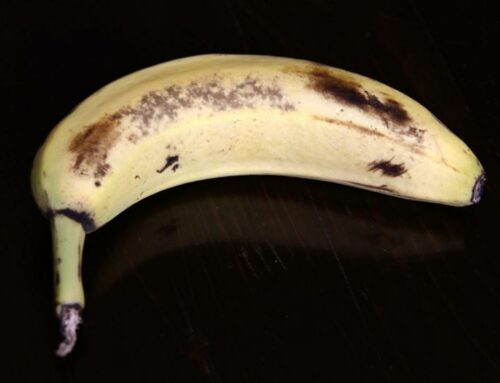


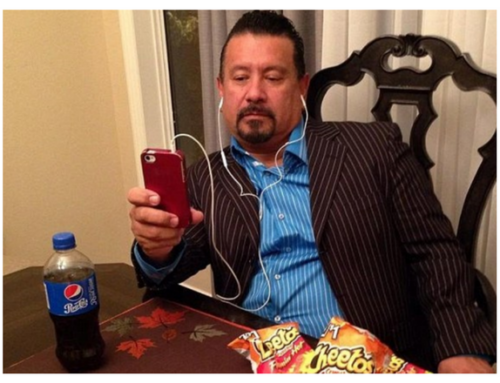
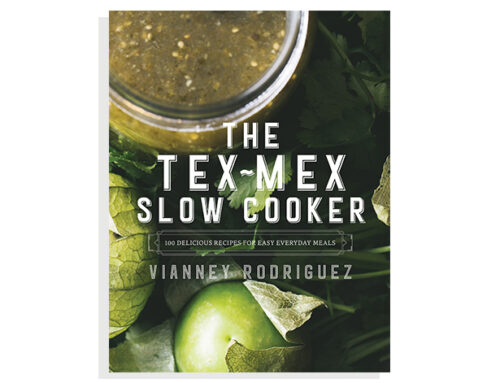
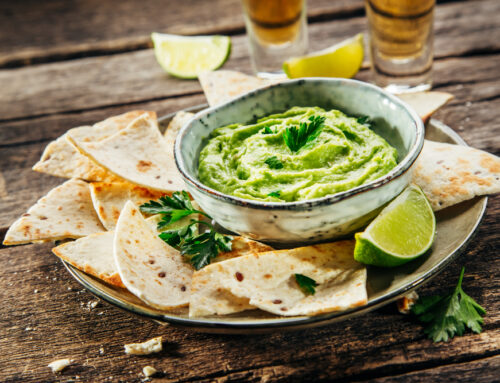

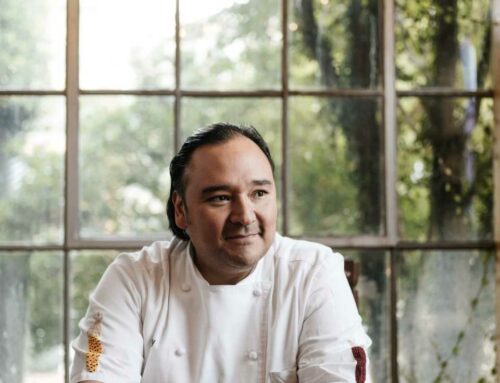

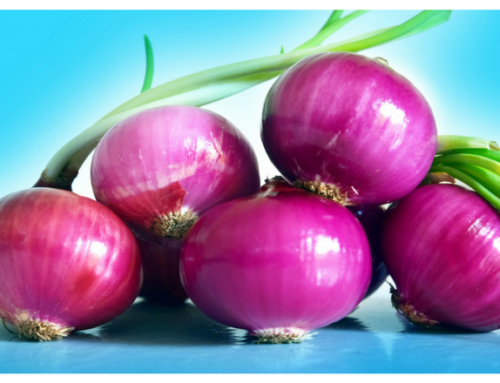



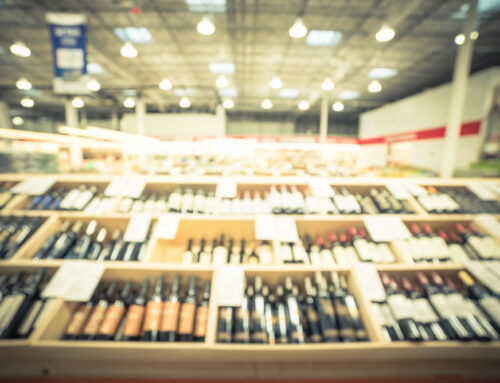
![Fun and Fast Recipes: Fiesta Cabbage Salad [Video]](https://thelatinkitchen.com/wp-content/uploads/2015/11/fiesta_cabbage_slaw-shutterstock_-500x383.jpg)
